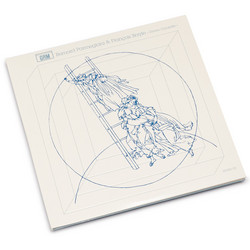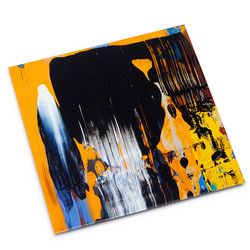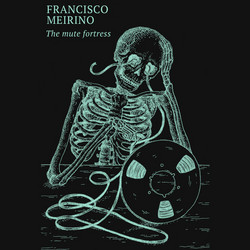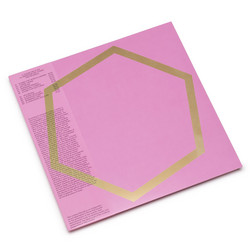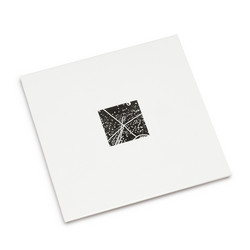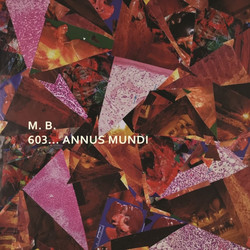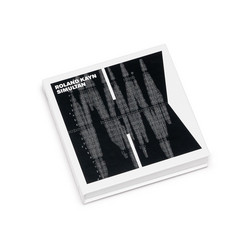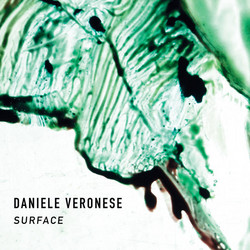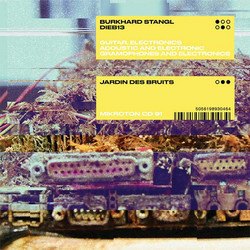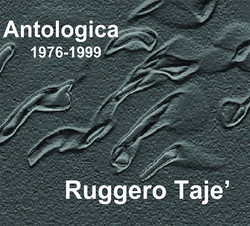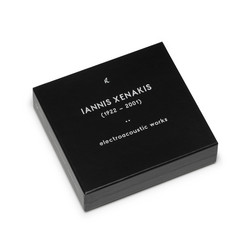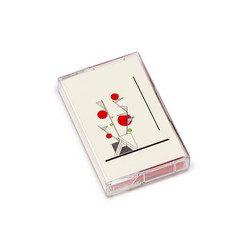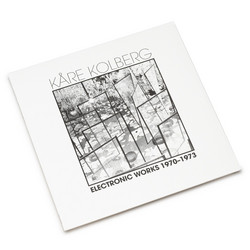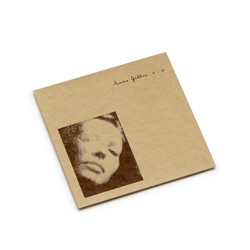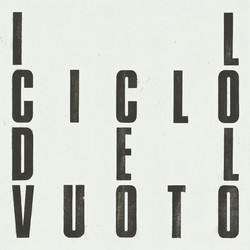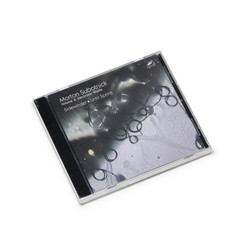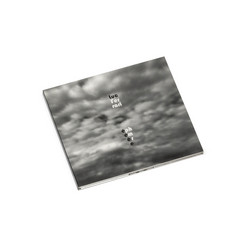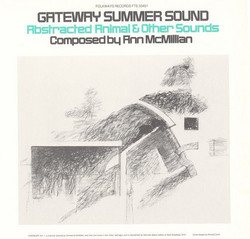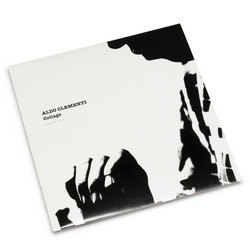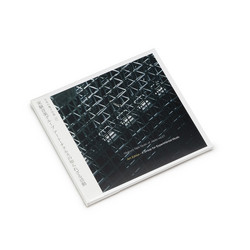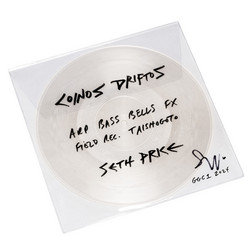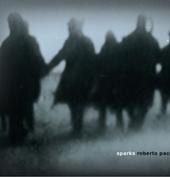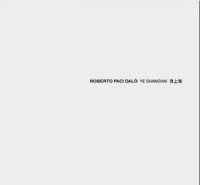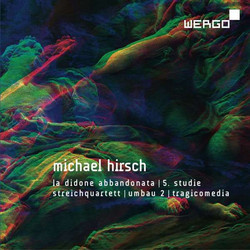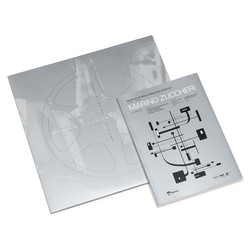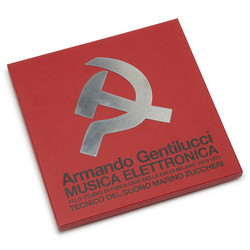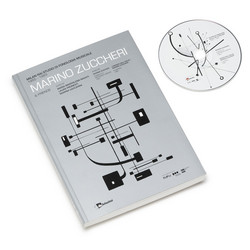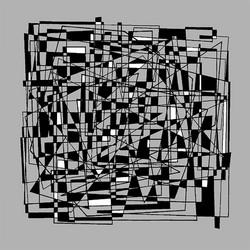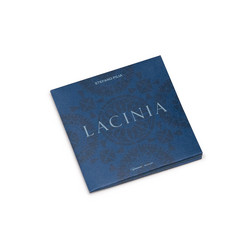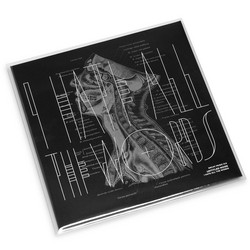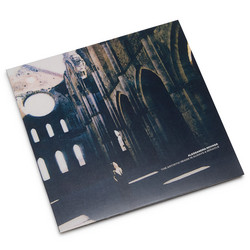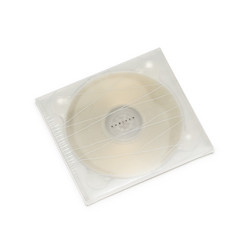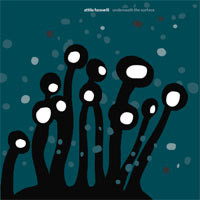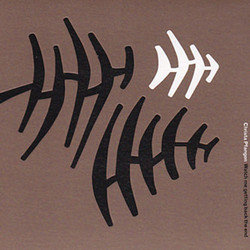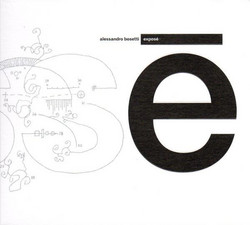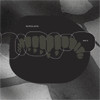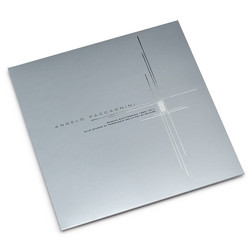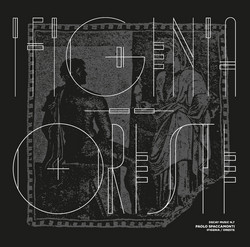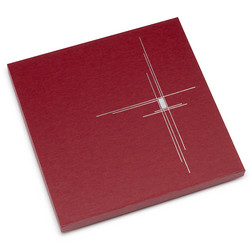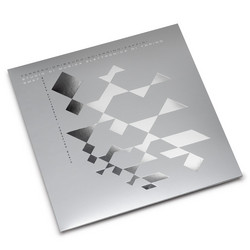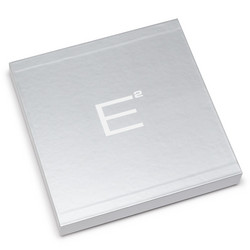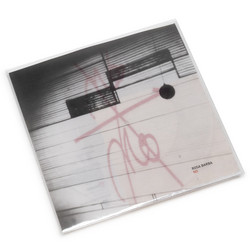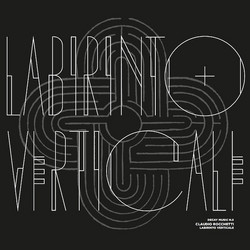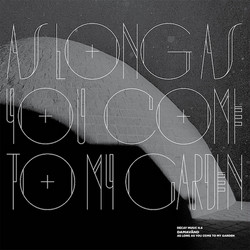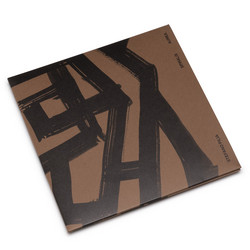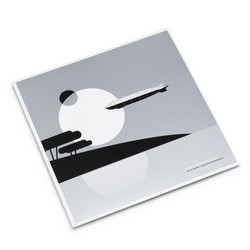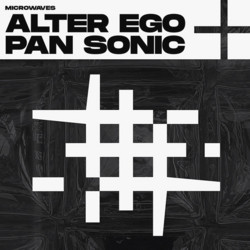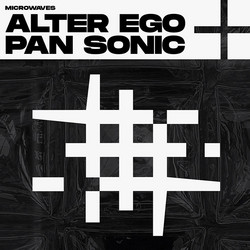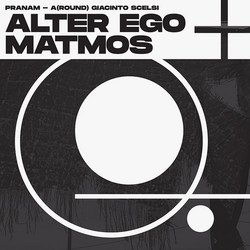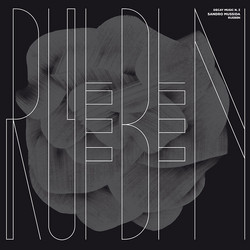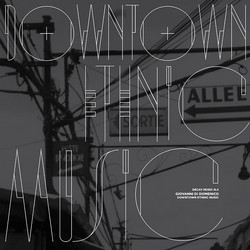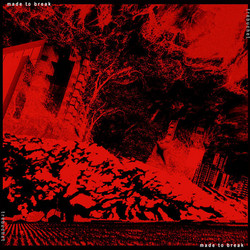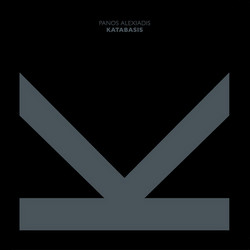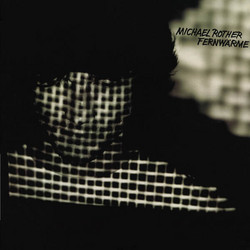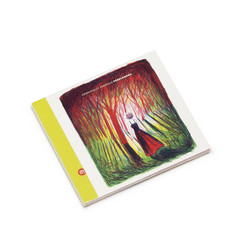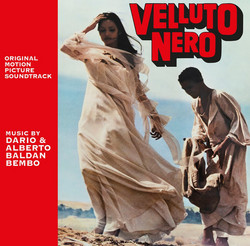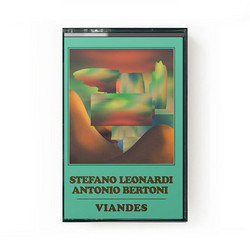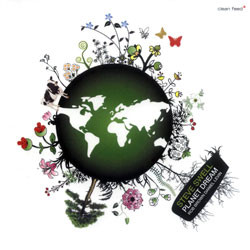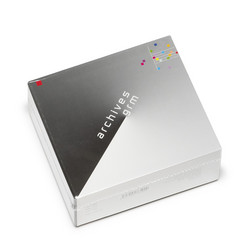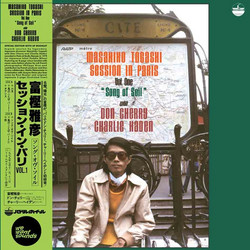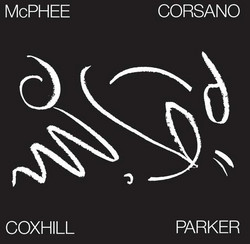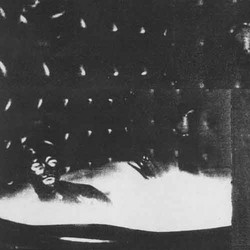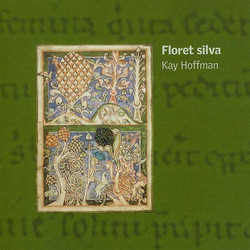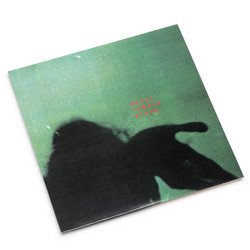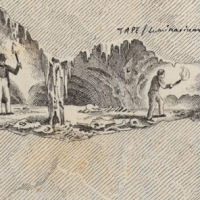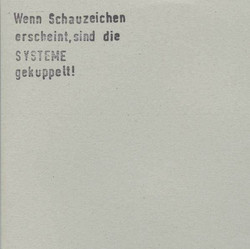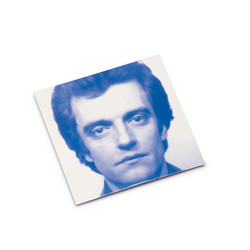** Deluxe silver cover with foil embossing, LP. custom inner sleeve, insert. edition of 300 ** This great work has been totally forgotten since today - this record is in fact a world premiere, and the final act of justice towards a man that contributed so much to the birth and development of Electronic Music. In 1967 the painter Emilio Vedova was appointed by the Italian Government to create an installation for the Italian Pavilion of the Montreal Expo. Vedova came up with this great ideas of using small glass slides, especially created to reproduce his abstract painting, and then projected on the asymmetrical walls of the Pavilion. He then asked Luigi Nono to compose some electronic music, but Nono had no time, and suggested to ask Marino. He replied: "I could do something, but keep in mind that I am no composer". The result is Parete (Wall) 67, a spectacular and intense 30-minutes loop of pure and intense electronics, a magmatic cascade of harsh sounds and deep drones, and a fantastic counterpart to the harsh and expressionistic painting of Vedova.
Marino Zuccheri was the sound engineer of the famous Milan RAI (Italian Broadcasting Company) Electronic Music Studio, and he helped Berio, Nono, Maderna, Cage, Pousseur among the others, to give birth to some of the great masterpieces of early electronica. He was the man who actually knew and operated the machines (oscillators, tapes etc). That's why Umberto Eco (the philosopher and world famous writer - i.e. The Name of the Rose - who worked at RAI and especially with Berio on "Thema-Omaggio a Joyce") wrote about Zuccheri:
«Who is one of the most performed contemporary electronic composer in the world? Marino Zuccheri, the sound engineer of the RAI Studio of Fonologia in Milan. Illustrious figures in the history of contemporary music arrived there with State grants; but after many months, they still couldn’t figure out how to handle the machines. Then Marino (who, working with Berio and Maderna, had become a wizard), started mixing tapes and producing electronic sounds: that is why some of the compositions now being performed all over the world are by Marino Zuccheri.» (Umberto Eco)
Marino Zuccheri was the sound engineer of the famous Milan RAI (Italian Broadcasting Company) Electronic Music Studio, and he helped Berio, Nono, Maderna, Cage, Pousseur among the others, to give birth to some of the great masterpieces of early electronica. He was the man who actually knew and operated the machines (oscillators, tapes etc). That's why Umberto Eco (the philosopher and world famous writer - i.e. The Name of the Rose - who worked at RAI and especially with Berio on "Thema-Omaggio a Joyce") wrote about Zuccheri:
«Who is one of the most performed contemporary electronic composer in the world? Marino Zuccheri, the sound engineer of the RAI Studio of Fonologia in Milan. Illustrious figures in the history of contemporary music arrived there with State grants; but after many months, they still couldn’t figure out how to handle the machines. Then Marino (who, working with Berio and Maderna, had become a wizard), started mixing tapes and producing electronic sounds: that is why some of the compositions now being performed all over the world are by Marino Zuccheri.» (Umberto Eco)
Details
Cat. number: DS35/8
Year: 2018
